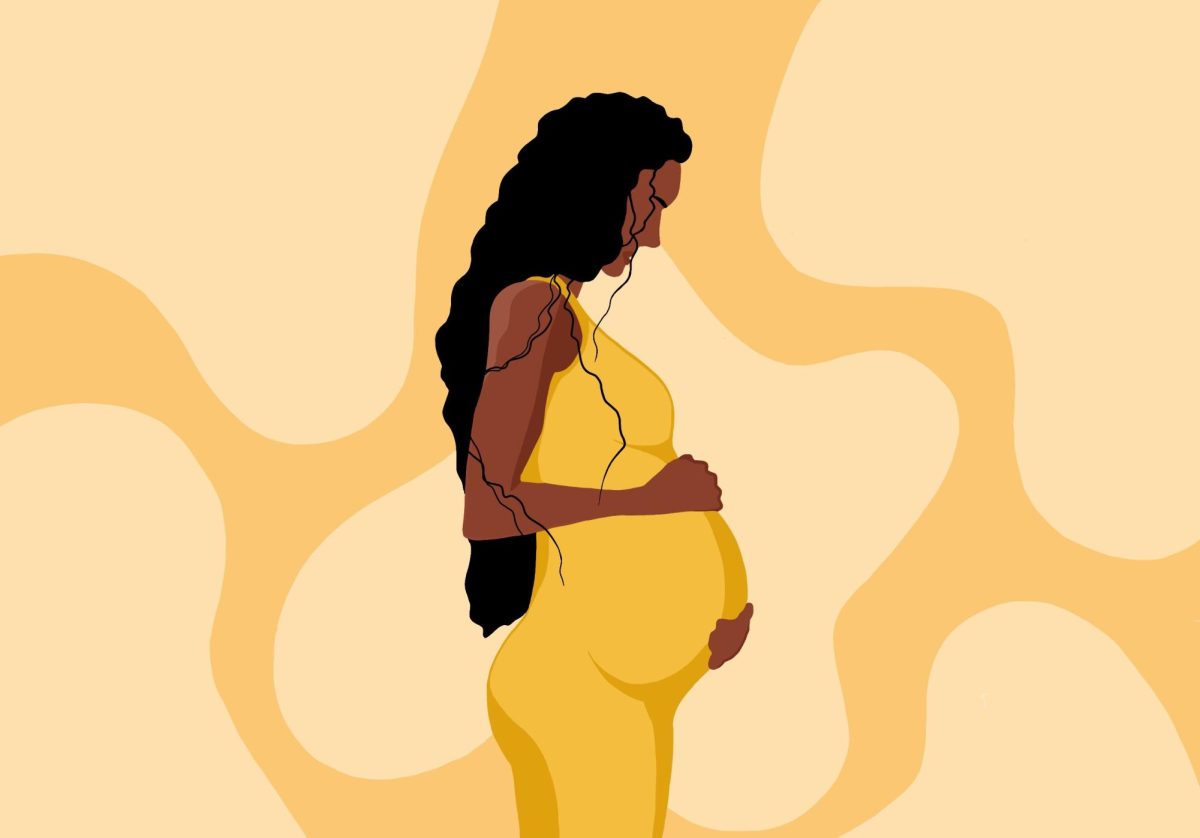In polarizing elections, it can be hard for students with opposing political ideologies to find middle ground.
A new University of Minnesota freshman seminar taught a group of 18 students how to facilitate student discussion about the voting preferences. Those talks then helped prep the students to lead a 60-person community forum on the upcoming election.
University political science professor C. Daniel Myers said political deliberation is necessary in democracy.
“On Nov. 9, we’re all going to have to live in the same country,” he said. “And we’re all going to have to work together to solve problems the country faces, and the only way to do that is to see the other side.”
Myers said an analysis of the student discussions showed an increased mutual understanding of political opponents, even though only 4 percent of students in the seminar said they were convinced to change their vote. All of the participants who shifted their opinions originally supported third-party candidates.
Before talking about either candidate, he said, both Clinton and Trump supporters watched videos by the University’s College Democrats and College Republicans showcasing support for their respective candidate.
Students then wrote down reasons to support both Hillary Clinton and Donald Trump for the presidency before launching into discussion. Students were initially biased and wrote more about their preferred candidate, Myers said.
The discussions centered on why students supported a candidate.
“Deliberation is discussion that promotes coming to an understanding,” said Madison Tetzlaff, a neuroscience and genetics first-year and one of the facilitators for discussion.
After the in-class talks concluded, Myers said students were again asked to give reasons why each candidate should be president. Most participants listed additional rationale for the opposing candidate.
In fact, Myers said most students’ lists of justifications had an equal amount for each candidate.
“Coming out of this election, it’s pretty clear there are a lot of emotions on either side,” Tetzlaff said. “You become torn between the two candidates.”
An analysis of opinions showed that the top reason students are voting for Trump is because he’s seen as anti-establishment, she said.
Clinton supporters, on the other hand, back her because of her political experience, Tetzlaff said.
Sociology of law and deviance first-year Megan Daggett said the facilitator training was initially an intimidating process, though practicing with two student groups helped her and her classmates prepare for the community forum that was held last Saturday.
“With students you had to push them to talk,” she said. “The adults seemed to know more and had more experience.”
The student discussions were less diverse than the community forum, Tetzlaff said which included varying age groups, income levels and religions.
Some of the topics covered in the subsequent community forum included equal rights and national security, she said.
Ultimately, Myers said that the data — which was only collected from the student discussions — was evidence that deliberation can help people find a common ground.
“If you don’t know why people support what they do, it’s easy to demonize them,” he said. “It’s not that people’s minds are being changed, but there’s a common understanding.”







